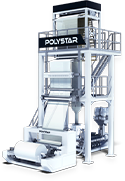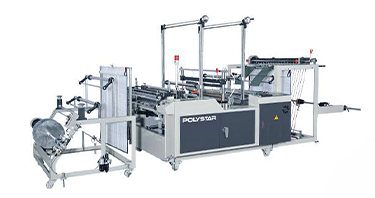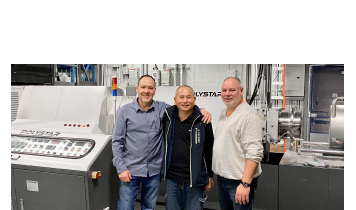We use cookies and other tracking technologies to improve your browsing experience on our website, By clicking "Accept All," you agree to allow cookies to be placed to enhance your browsing experience on this website to show you personalized content and targeted ads, to analyze our website traffic, and to understand where our visitors are coming from. You can manage your cookie settings below. Clicking "Confirm" indicates your agreement to adopt the current settings.
Turkish CPP Cast Film Producer Recycles Factory Production Waste with POLYSTAR
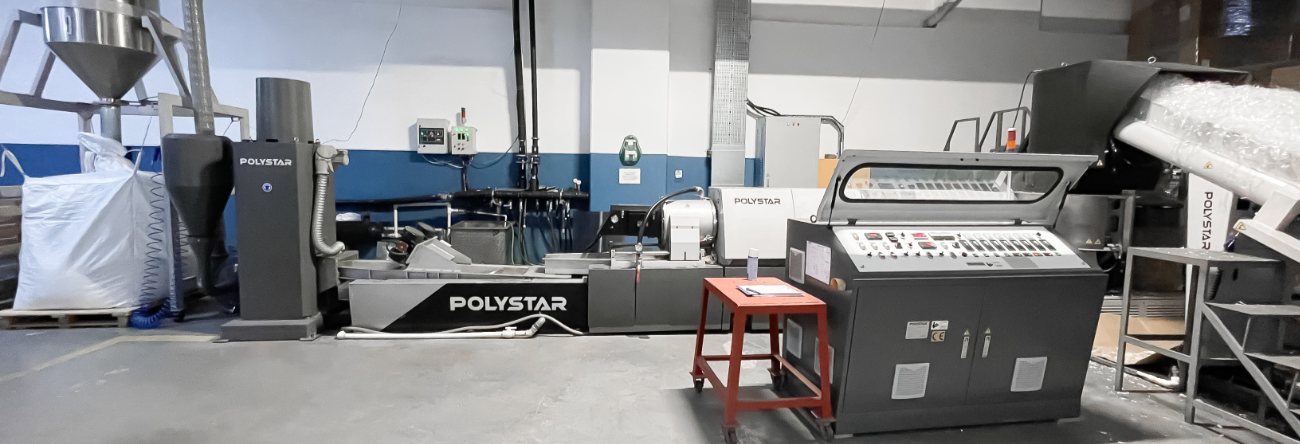
A well-known Turkish CPP cast film producer Kamel Cast Film recycles its edge trim wastes with POLYSTAR’s Repro-Flex plastic recycling machine. Instead of throwing away these edge trim wastes, the company sells them as high-quality, virgin materials like recycled CPP pellets in the local market and Europe region. The buyers of recycled CPP pellets use them in the production of several different plastic packaging products.
Even though Kamel does not use recycled CPP pellets in its production, still recycles the factory plastic production waste. By recycling, Kamel not only contributes to environmental protection but also creates economic value through a circular economy of plastic waste.
Why Should Producers Recycle CPP Film In-house?
CPP film is the most preferable among others for food packaging, non-food packaging, medical packaging, lamination, and printing applications. Because it does not contain harmful chemicals or heavy metals, provides an excellent moisture barrier, high clarity, better tear resistance, and heat-sealing performance over many other packaging plastics. CPP film can be 100% recyclable without releasing harmful or toxic materials behind, therefore a high percentage of recycled CPP pellets can be re-used in packaging film production. For that, there is a growing market demand for CPP recycled pellets.
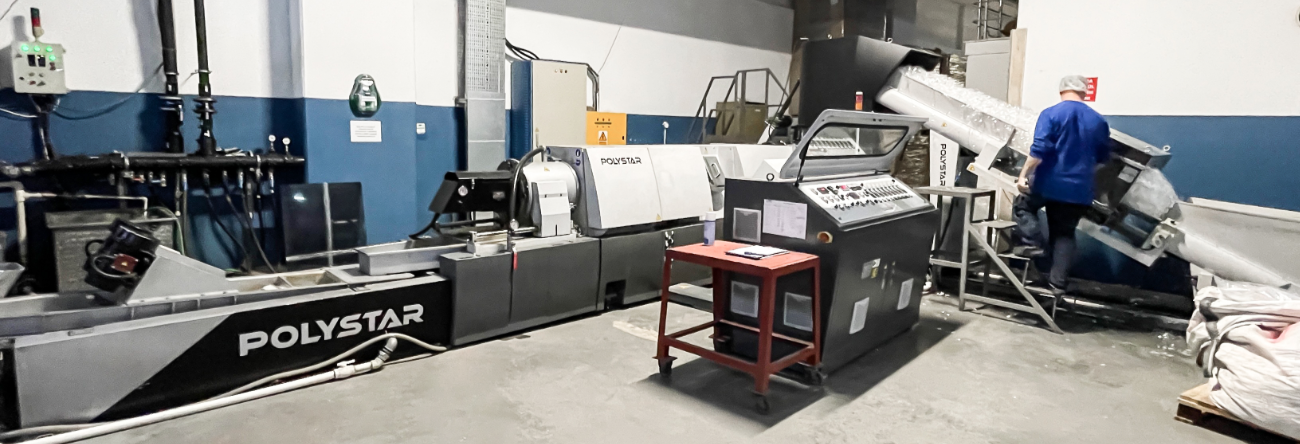
How to Recycle CPP Films?
Considering Kamel Cast Film produces 18,000 tons of CPP film annually, the significant waste plastic that occurs during the production such as edge trim wastes and other production wastes must be taken care of. Therefore, the producer invested in Repro-Flex plastic recycling machine to recycle his industrial CPP film waste right in his factory.
Although the producer has no recycling experience in the past, he is now successfully recycling his factory waste with the help of the cutter-compactor, extruder, and pelletizer integration of Repro-Flex in one single recycling machine.
- Watch how Repro-Flex works - Video
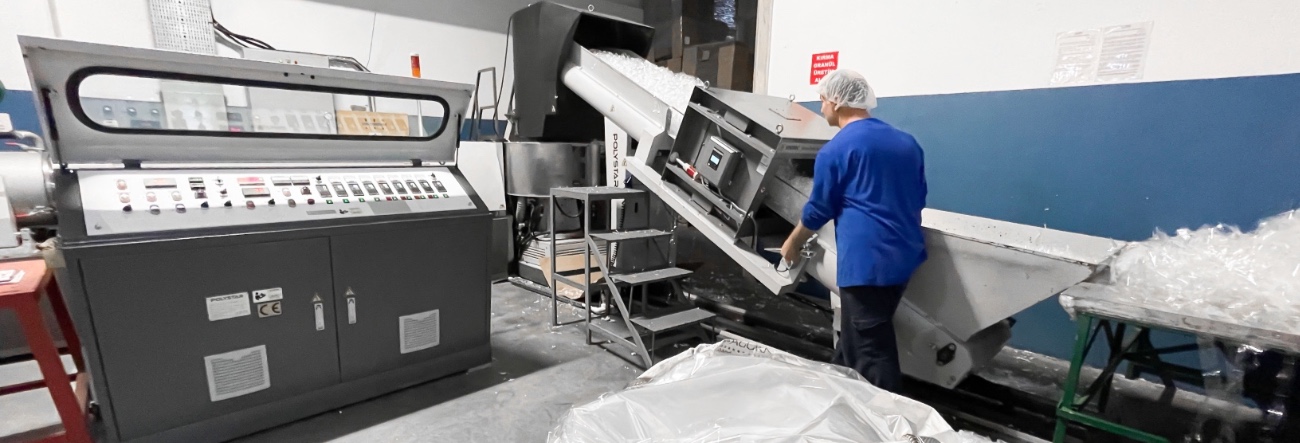
The CPP film manufacturer summarizes the reasons for choosing POLYSTAR to cooperate in this project after a serious evaluation process, as follows:
- Stylish and compact machinery designed for energy-saving and simple operation
- Reliable and stable machine quality, fast spare parts delivery
- Comprehensive technical consultation including spare parts supply and troubleshooting
- Flexible customization ability and powerful system integration capability
- Affordable price with excellent quality for long-term operation
Advantages of recycling CPP film production wastes in-house
Recycling CPP film production wastes in the production facility, then selling them as recycled CPP granules was found more profitable by the producer, compared to selling them as plastic waste.
-
Saving storage space and transportation cost
Being able to recycle the CPP film waste comes from the production of 18,000 tons/year, eliminating the transportation cost of the waste from the factory to the recycling center, and the requirement of storing them for a long time in big spaces in the factory. -
Maintaining the quality of the recycled CPP pellets
Kamel used to outsource the recycling of production wastes before investing in POLYSTAR’s recycling line. However, it was difficult to maintain the recycled pellets for several reasons such as contamination, mixing with other types of plastics, quality differences between batches, etc. Recycling the CPP industrial wastes solved all these problems the producer used to have. -
Converting CPP edge trim waste into profit
Recycled pellets forms of them are more valuable than unprocessed CPP film wastes. Recycled pellets produced by a stable and energy-efficient plastic recycling machine generate profit for the producer. -
Environmental protection
Recycling CPP film production wastes not only prevents them from ending up in landfills or oceans but also increases their lifecycle of in the circular economy, as they can be recycled several times by in-house recycling, and the purity of the pellets can be maintained.
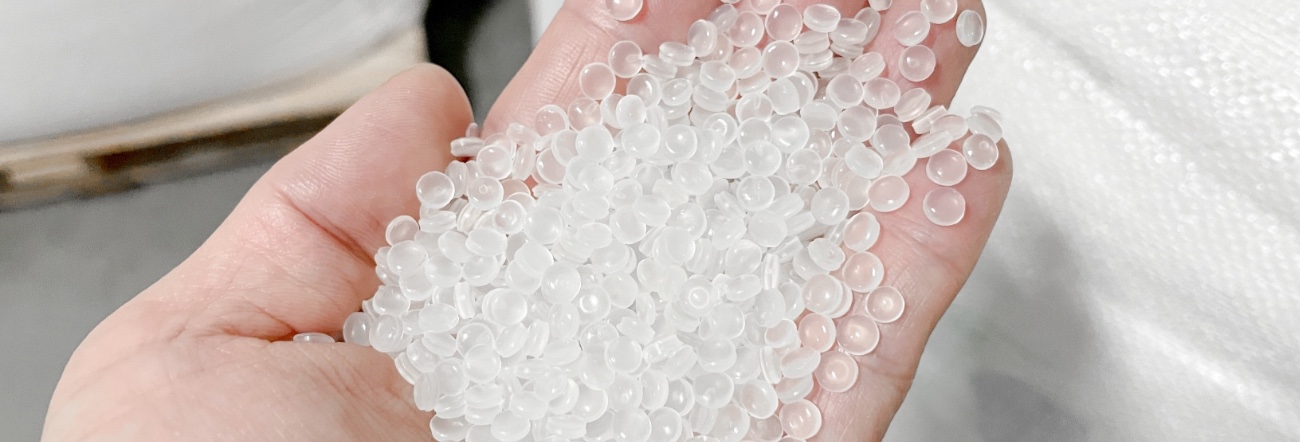
Kamel aims to be a pioneer in the CPP film industry and strives to fulfill social responsibility for environmental protection.
To create more economic value, and less power consumption and pollution by starting to recycle your factory plastic waste into highly reusable recycled pellets, contact POLYSTAR to discuss with us further on your plastic recycling project.
Learn more
- Is CPP Film Recyclable? - Blog
- Turkish Plastic Recycler Grows with POLYSTAR - Customer Stories
- Turkish Plastic Bag Producer Recycles Production Wastes In-house - Blog





